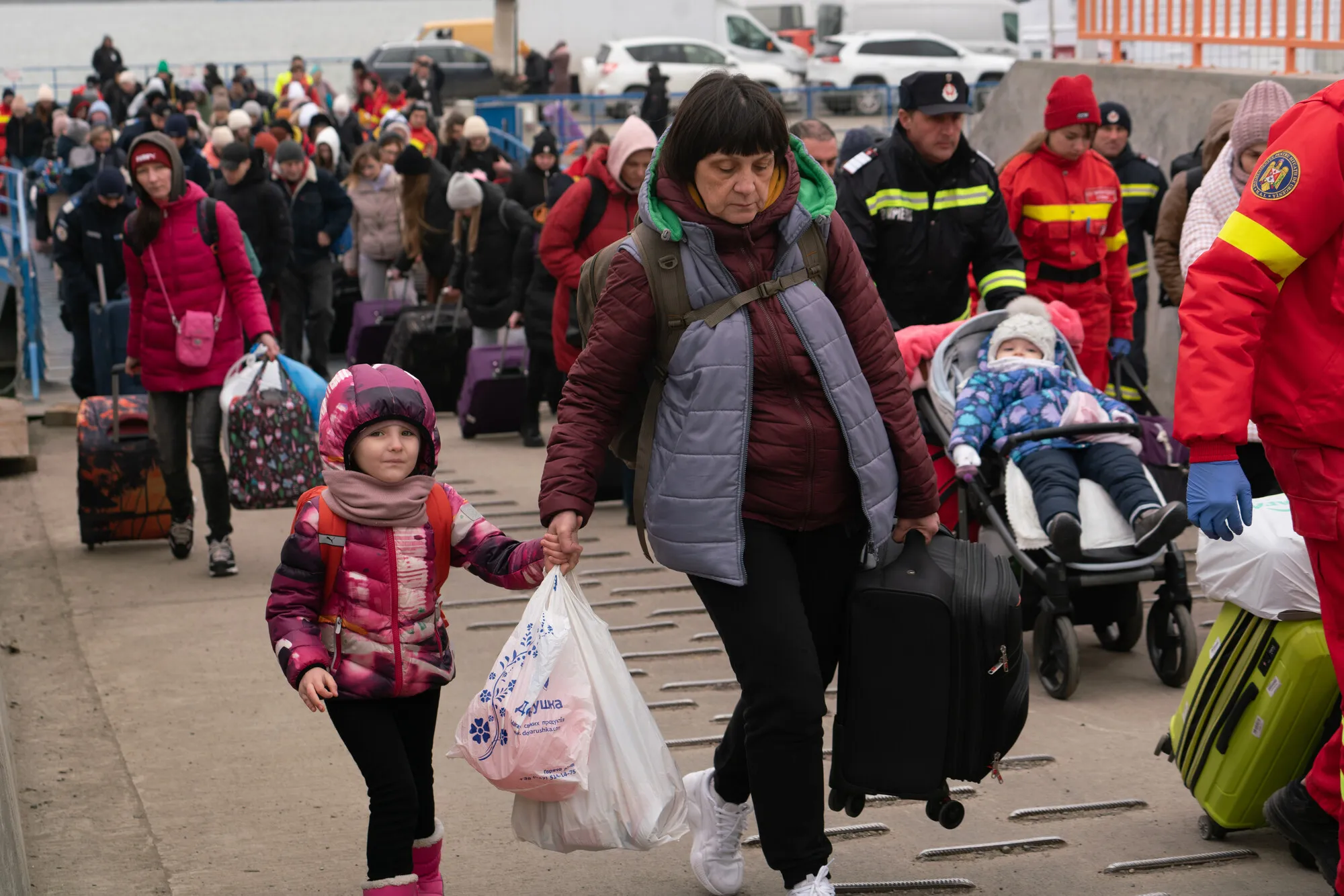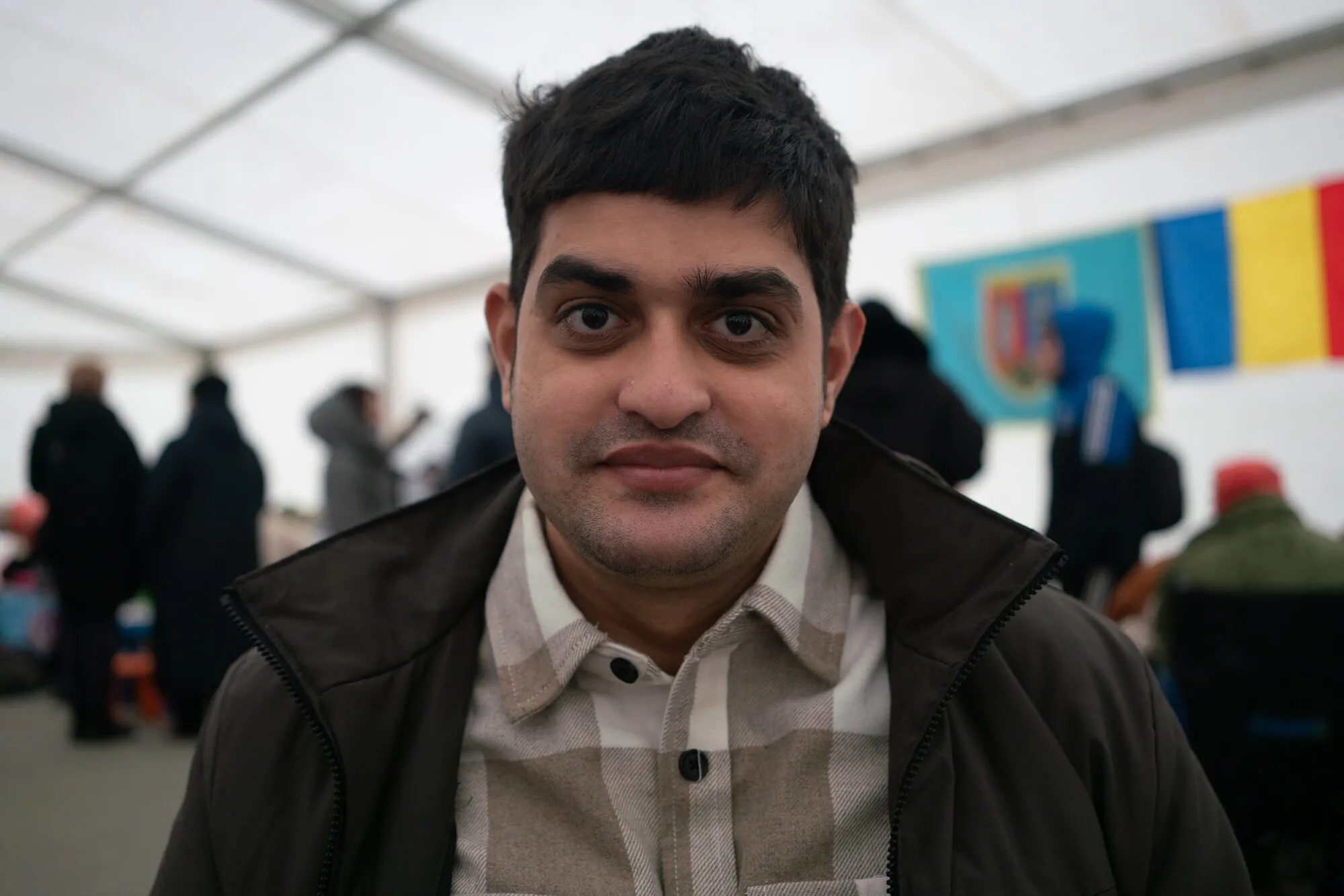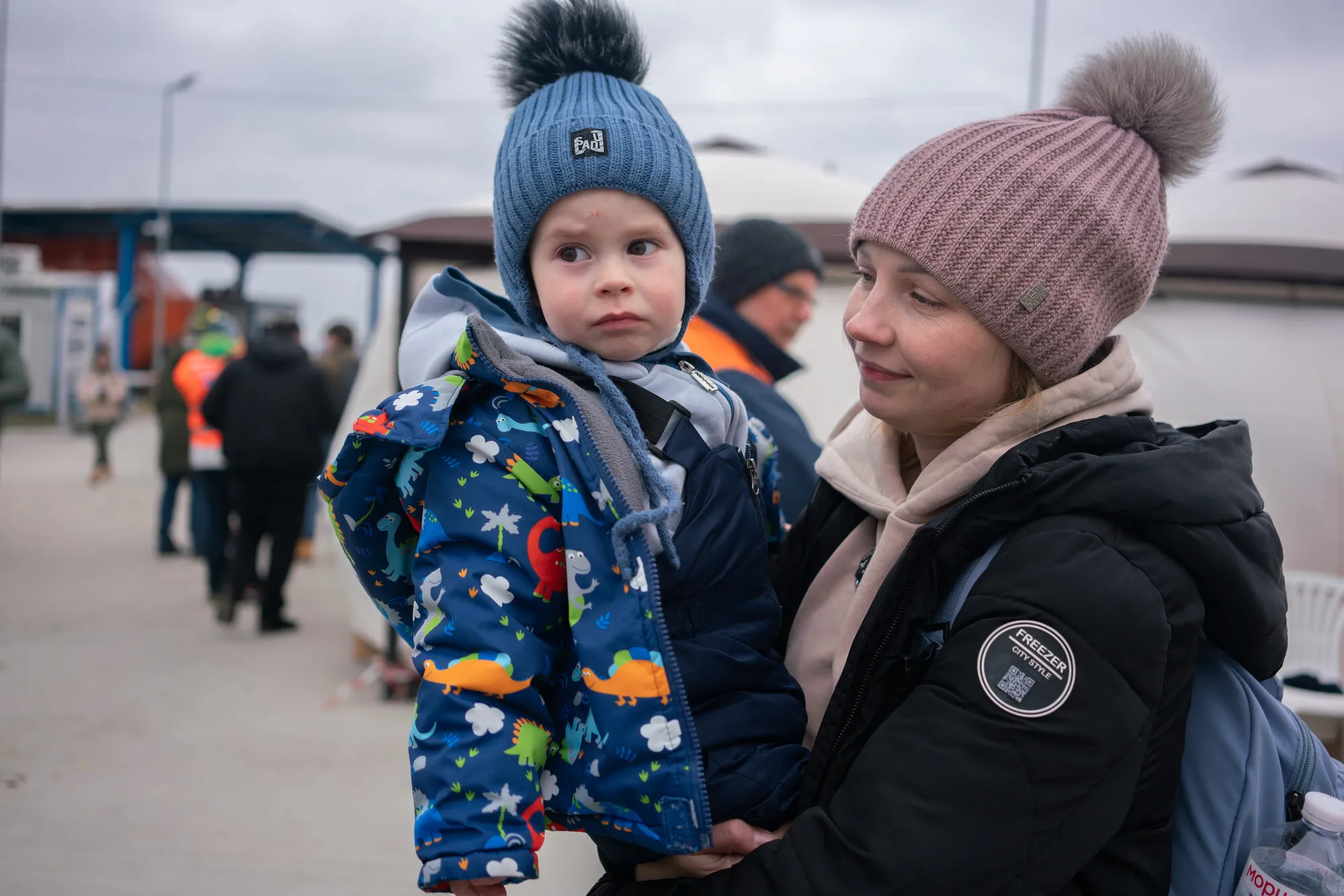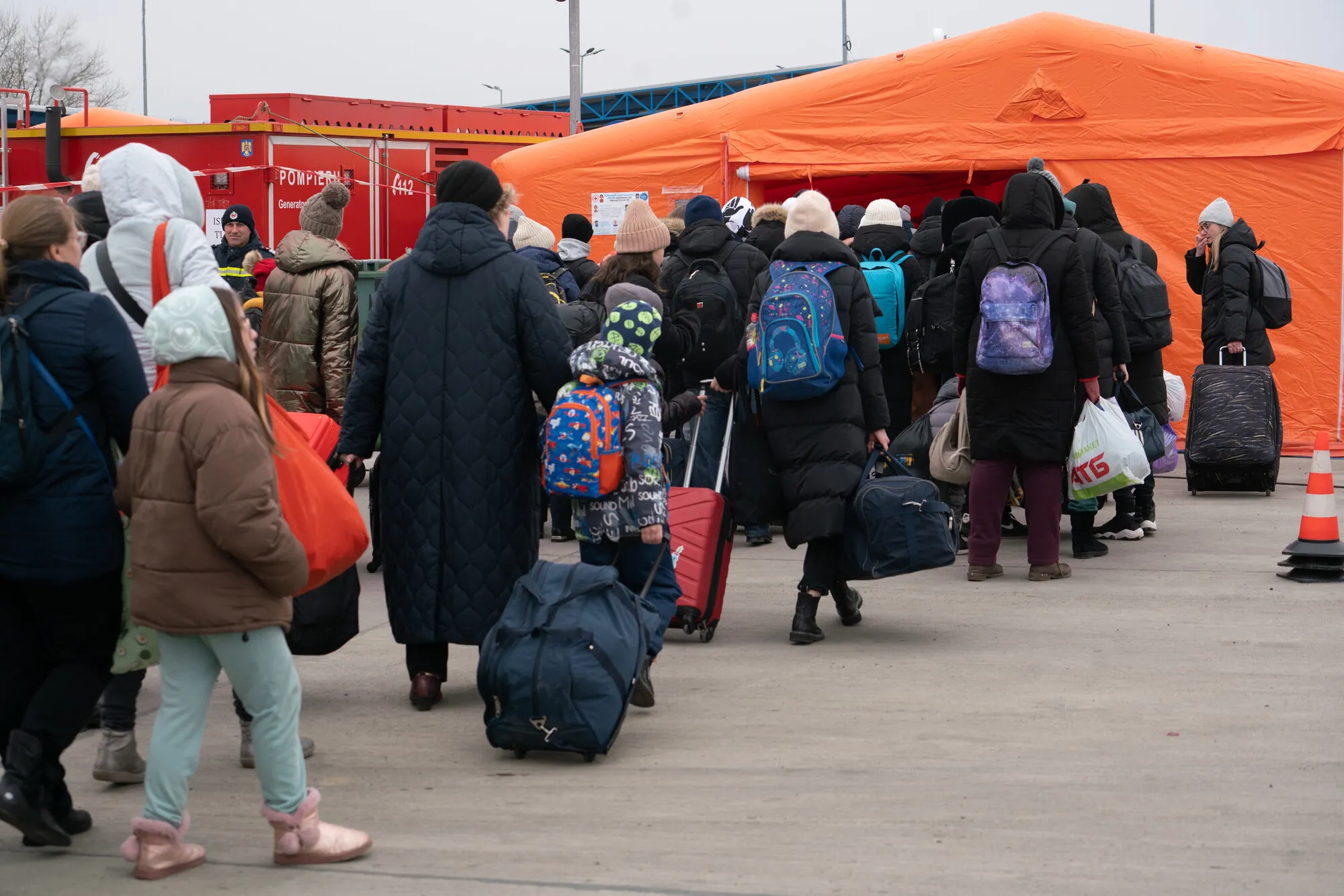What motivates to you to help?
In my organization we are all ‘care leavers’ – people who grew up in children’s institutions and orphanages – so for us it is also personal. We know what it means to be separated from your family or to be away from your home, taken by the services and being frustrated because you don’t know where you are; passing through different homes, different shelters. We know this, we went through this, and as a result we are more empathic because of this.
In my case, from the first hour of birth, I was left in the hospital. The woman who brought me to this world left, and the only item that I have from her is the birth bracelet from the hospital which had my name – Andreas – on it. The government gave me the name I have now, Novacovici, (which by the way I don’t like!). At one point I was nearly adopted by a Danish family, but this fell through. So, I grew up my entire life, until 2 years ago, in an orphanage.
I grew up my entire life, until 2 years ago, in an orphanage.
I left it when I went to study a social work master’s in the university. and now I’m waiting for an answer from the Harvard Kennedy School of Social Sciences. And hopefully I get in and I’ll be able to get my PhD there. I want to study the social situation of ‘care-leavers’ in other United Nations member countries. I want to see the different services provided to them after leaving care, compared to here in Romania; where there is really nothing. For me, getting this PhD will be so important. It is a personal goal more than an academic goal – to find out what happens to my peers all over the world. I want to study somewhere where these issues are really studied and followed and recognized as bigger societal problems, rather than hidden away.
I’m 27 years old now and for 25 years I grew up in four different institutions. This is what I meant when I say that I know what it means to be moved from one home to another; meeting new people, having trouble trusting people and learning to be assertive and develop resilience – which is something that is never taught in books!
The situation we see here is really heartbreaking and we are trying to do our best. We are so thankful for all the help, support and funds coming from abroad, and we will make sure to use these resources as best as we can. And these resources as so important because the assistance so far, a lot of which is coming from local businesses and organizations are running out, and we can’t sustain it without international assistance and support.




